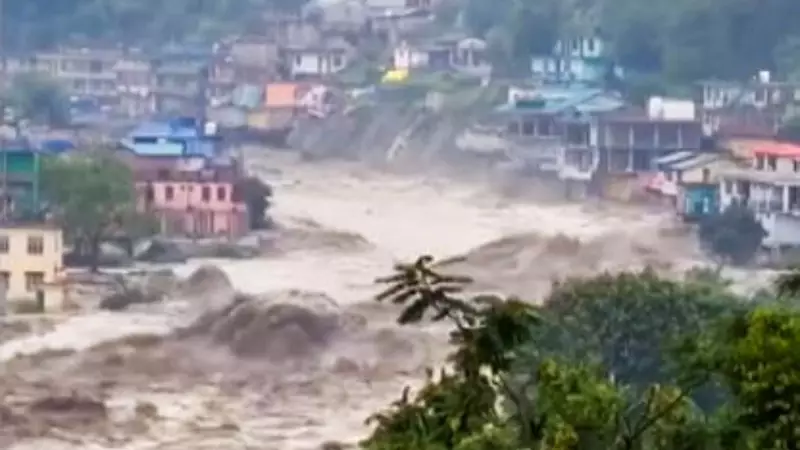
As India marches forward with ambitious climate commitments, a crucial demographic stands at the intersection of progress and vulnerability: the nation's farmers. The very community that feeds the country now faces an unprecedented challenge—adapting to climate change while maintaining their livelihoods.
The Agricultural Conundrum in Climate Action
India's climate policy represents a delicate balancing act between global environmental responsibilities and domestic economic realities. While the country has made significant strides in renewable energy and emission reduction targets, the agricultural sector presents unique challenges that demand specialized solutions.
The farming community, already grappling with unpredictable weather patterns, water scarcity, and soil degradation, now faces additional pressure from climate mitigation measures. The transition to sustainable practices cannot come at the cost of farmer welfare or food security.
Why Farmers Are Climate Frontline Warriors
Farmers occupy a dual role in the climate narrative—they are both contributors to and victims of environmental change. Their traditional knowledge, combined with modern sustainable techniques, could hold the key to effective climate adaptation. However, this potential remains largely untapped due to several systemic barriers:
- Limited access to climate-resilient technologies and practices
- Inadequate financial support for transitioning to sustainable agriculture
- Lack of tailored insurance mechanisms for climate-related crop losses
- Insufficient infrastructure for water conservation and management
Policy Pathways for Inclusive Climate Action
The solution lies in developing farmer-centric climate policies that recognize agriculture's unique position in both the economy and ecosystem. Several approaches could bridge the gap between environmental goals and agricultural sustainability:
- Integrated Farming Systems: Promoting diversified agricultural practices that enhance resilience while reducing environmental impact
- Financial Incentives: Creating targeted subsidies and credit facilities for adopting climate-friendly technologies
- Knowledge Transfer: Establishing robust extension services to disseminate climate-smart agricultural practices
- Market Linkages: Developing value chains for sustainably produced crops to ensure fair returns
The Road Ahead: Balancing Progress and Protection
India's climate journey cannot succeed without its agricultural community. The transition to a green economy must be just and equitable, ensuring that those who cultivate the land are not burdened disproportionately. This requires collaborative efforts between policymakers, agricultural experts, and farming communities to co-create solutions that work on the ground.
The true test of India's climate leadership will be measured not just in reduced emissions, but in improved livelihoods for the millions who depend on agriculture for their survival and sustenance.
As climate change intensifies, the need for inclusive policies becomes increasingly urgent. The choices made today will determine whether India's farmers become casualties of climate action or champions of sustainable agriculture.





